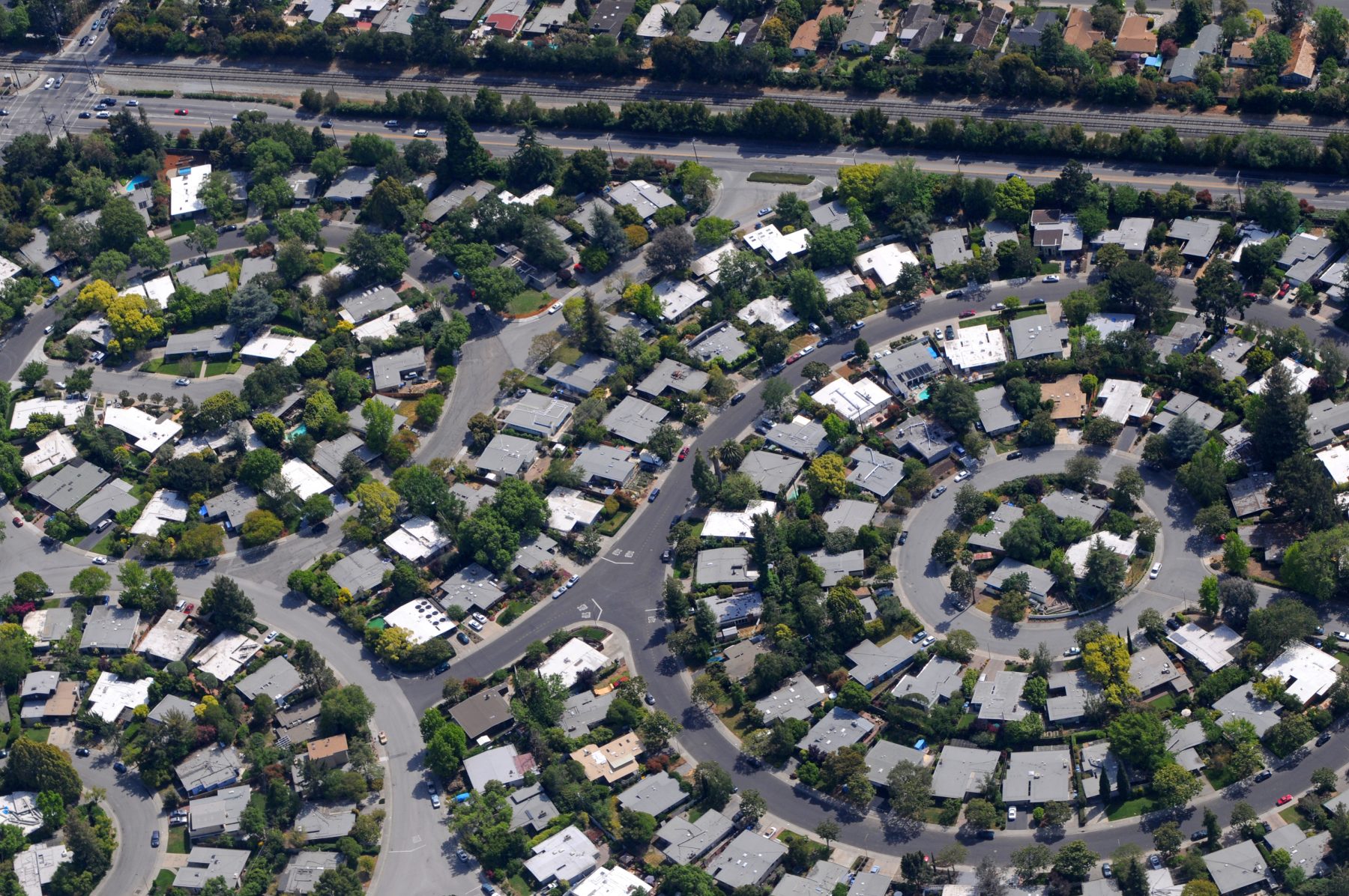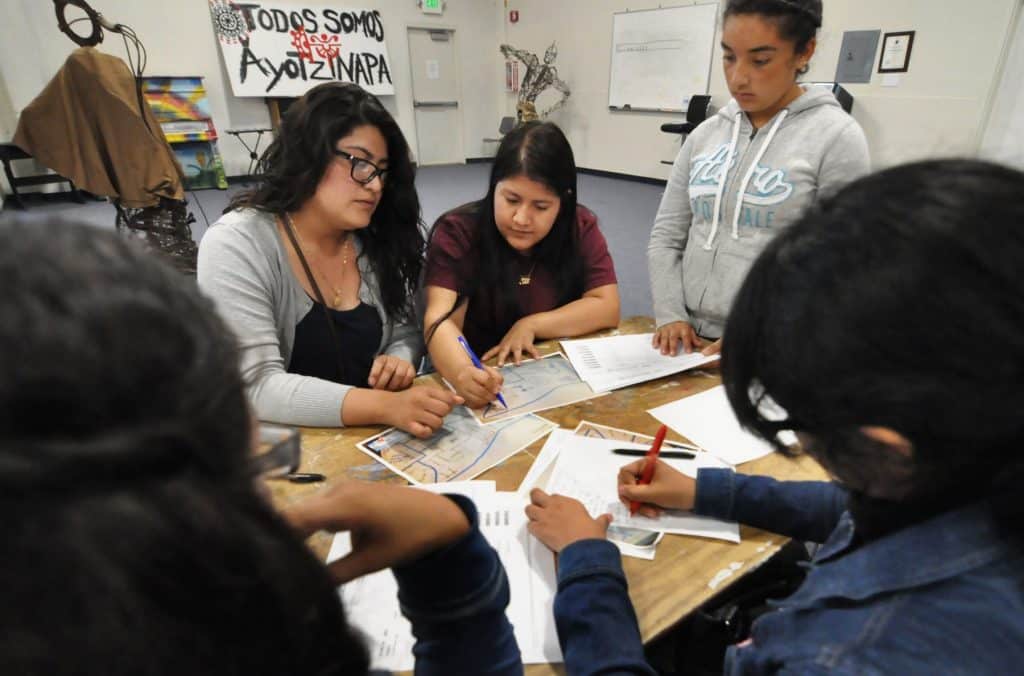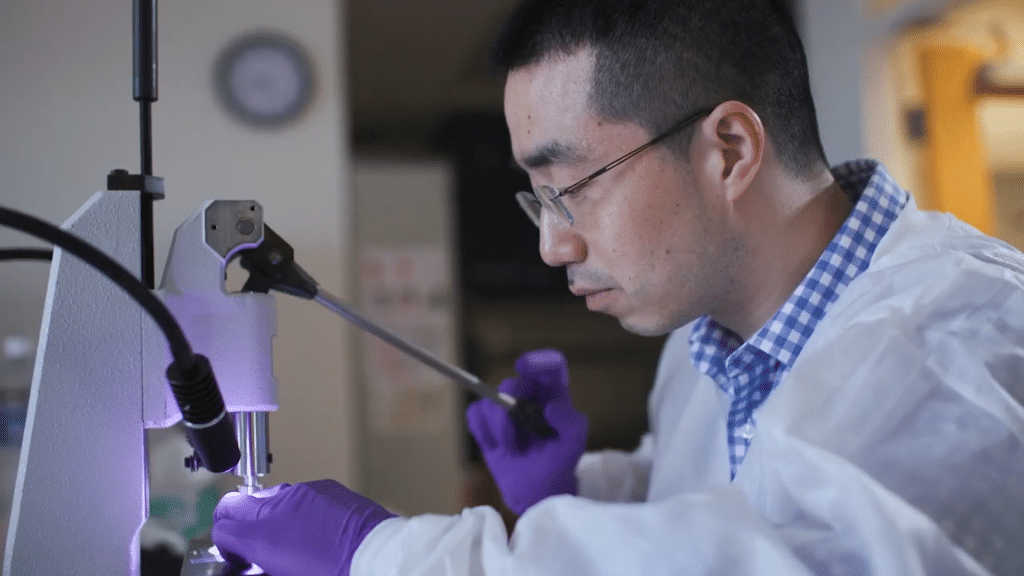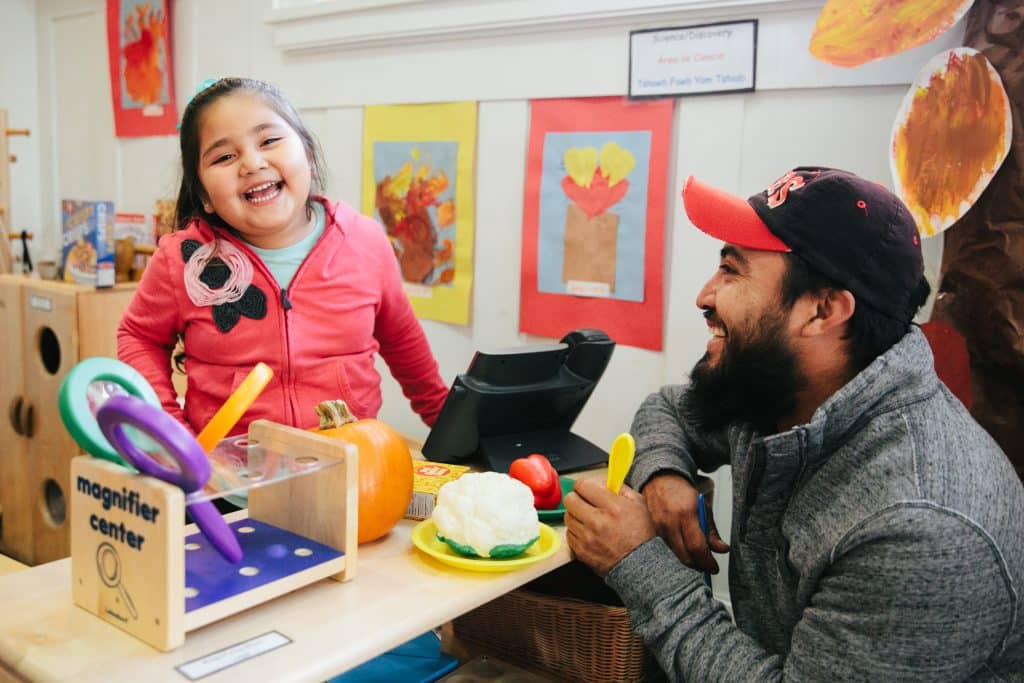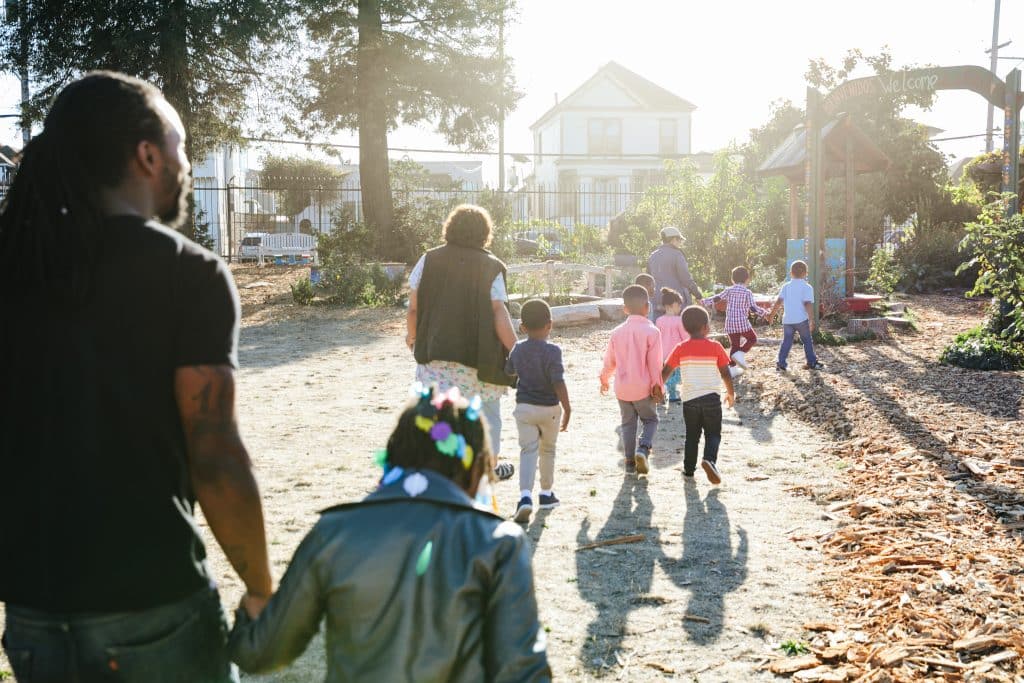People do not experience the world through single, discreet issue spaces. Rather, they are impacted by a whole host of social, economic, cultural, and environmental dynamics that intersect and influence their reality. Those dynamics get codified into systems and institutions that further shape our world and our communities. So, it should come as no surprise that those working to tackle the most pressing issues in our communities and provide critical services to address immediate needs are increasingly focused on changing systems to create large-scale transformation.
Expanding focus from isolated symptomatic issues to a broader systems view is one of five takeaways identified in the recent report, Get It Right: 5 Shifts Philanthropy Must Make Toward an Equitable Region. The report, created through a partnership between Northern California Grantmakers and Open Impact and funded by the Packard Foundation, outlines key shifts that leaders and decision-makers in philanthropy must make if we genuinely want to transform our region and put communities on a path toward greater equity and shared prosperity.
The Packard Foundation has been working on a number of these 5 Shifts, and the report highlights one example of how our Local Grantmaking team has been engaged in shifting our grantmaking efforts to be more trust-based and more inclusive. A newer priority for the Foundation’s place-based grantmaking is to direct more funding toward resolving underlying root causes of inequity in communities, even as we continue to support direct services to those same communities.
As we lean further into this shift, our partnerships with local community-based organizations offer a valuable lens for understanding how they center systems change in their work. In short, if we genuinely want to align our grantmaking support with the challenges that community-based organizations are working to solve, it’s essential that we take more of a systems approach in step with them.
Widening our gaze to regional considerations
Just as people do not experience issues in isolation, communities do not exist as separate islands unto themselves. Communities are part of a complex ecosystem that stretches across regions and jurisdictions, as are the community-based organizations working to serve community needs.
The 5 Shifts report encourages philanthropies to not only invest in local problem solving but to “widen their gaze and ascertain the broader implications of the interconnected nature of a region’s problems, toggling between grassroots perspectives and policy-level solutions.” Our local grantee partners already do this, working to solve mission central issues through a regional approach. As funding partners, we need to continue in step.
For example, the team at Second Harvest of Silicon Valley, a food bank that distributes nutritious food through 300 partner agencies across Santa Clara and San Mateo counties in Northern California, knows how important it is to look beyond solving hunger in local neighborhoods to gauge how those issues are influenced by policy dynamics at a regional and state level. The organization was instrumental in providing school meals to families throughout the pandemic, a direct service that complemented the organization’s deep involvement in policy and advocacy efforts to improve the effectiveness of food and nutrition delivery programs.
Taking a systems-level approach has meant building innovative partnerships with school systems and other local government agencies to support food rescue efforts, screening for food insecurity and even voter registration. Second Harvest’s advocacy efforts were key to passing the Free School Meals for All Act, which became California law in July 2021, making California the first state to provide free meals to all students attending public school, regardless of income during the 2022-23 school year. The shared victory is a direct result of approaching hunger from a regional, systems, and policy perspective.
Investing in advocacy, movement building, and policy solutions
The 5 Shifts report suggests that philanthropy can be a catalyst for new solutions to persistent challenges evident in communities and that philanthropists should “fund the advocacy, movement building, and policy solutions essential to resolve major regional issues.”
Our grantee partner Destination: Home is an example of an organization whose mission, while focused on a single issue — homelessness — wholly recognizes the importance of taking a system-level approach. Its policy and advocacy efforts include support for living-wage employment assistance, low-income housing development, and advancing affordable housing policies.
“It’s our entire work, says Jen Loving, chief executive officer of Destination: Home. “We are the backbone for our community’s collective impact model for strategies to end and prevent homelessness.”
Destination: Home’s advocacy, movement building, and policy work has been and continues to be central to spurring solutions to our region’s housing challenges. In partnership with the Si Sé Puede Collective, they designed a large-scale two-year pilot program to test the impact of guaranteed income (with a planned 2022 launch) as an approach to achieving housing stability for Santa Clara County households experiencing homelessness or housing instability. Although many groups are experimenting with guaranteed income, this will be one of the first pilots in the nation to focus on an unhoused or unstably housed population.+

Re-imagining broken systems so they work for all people
Not only do we need to connect with the government systems that impact people’s lived experience, we also must consider how public systems are constructed, recognize when and where systems are broken, and re-imagine systems so that they truly work for the people they exist to serve.
As the 5 Shifts report notes, funders and donors “do not yet consistently reckon with the systemic nature of the complex, intersecting dynamics of race and class and how these affect people’s lived experiences with housing, criminal justice, education, employment, the environment, and transportation.” These intersecting dynamics often are embedded in systems in ways that harm people, and it’s critical that philanthropy and community-based organizations work together if we want to see real solutions to the issues our communities face.
One of the ways that the Packard Foundation is looking to do this is through our funding efforts to ensure successful implementation of the American Rescue Plan Act, or ARPA. In partnership with Silicon Valley Community Foundation, we are funding efforts to devise and implement community engagement strategies throughout Santa Clara and San Mateo counties to ensure local communities have a voice in how public resources such as ARPA funds get prioritized and spent so that money gets to the places and people who need it most.
The path ahead
Our journey in making the move from funding “symptoms to systems” continues, along with the Foundation’s efforts to lean into other directional changes outlined in the 5 Shifts report. We recognize that the communities and organizations we partner with are faced with system-level challenges and that their work increasingly focuses on systems change. They understand that racial and class inequity is inextricably linked with our systems of governance and policymaking, and they are taking on challenges to reshape and reimagine those systems. So too must philanthropy by continuing to fund this work. Only when we work together to break down barriers to equity and open accessible pathways for all people regardless of their racial, economic, or social status can we achieve true, equitable vibrancy and prosperity for our region.

